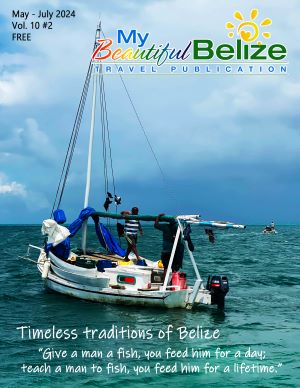There’s nothing like fresh sea food and our Belizean bounty is something to savor with every bite. However, the careful management of our marine resources is essential to the sustainability of two quintessential Caribbean delicacies; lobster and conch.
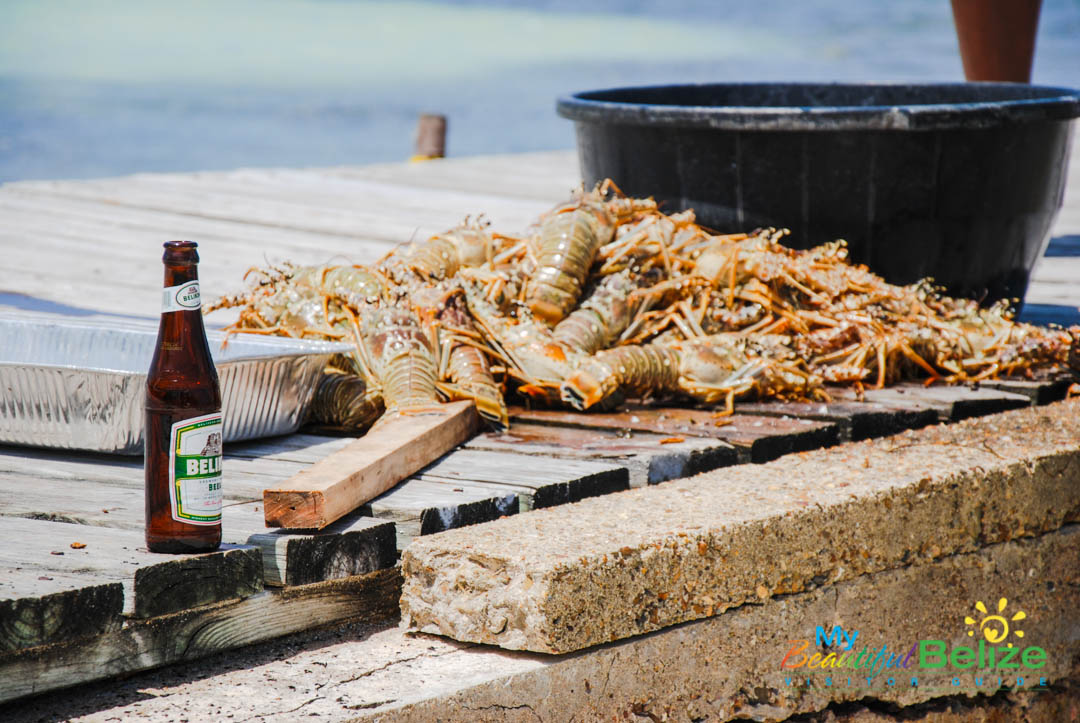 Responsible tourism means being “in the know” when it comes to dining out or purchasing product from a local fisherman. If you are offered lobster or conch when it is out of season, your refusal to purchase it helps to discourage illegal fishing while ensuring productive harvests in the future. This time of year marks important season dates, with lobster season opening on June 15th and conch season closing on July 1st.
Responsible tourism means being “in the know” when it comes to dining out or purchasing product from a local fisherman. If you are offered lobster or conch when it is out of season, your refusal to purchase it helps to discourage illegal fishing while ensuring productive harvests in the future. This time of year marks important season dates, with lobster season opening on June 15th and conch season closing on July 1st.
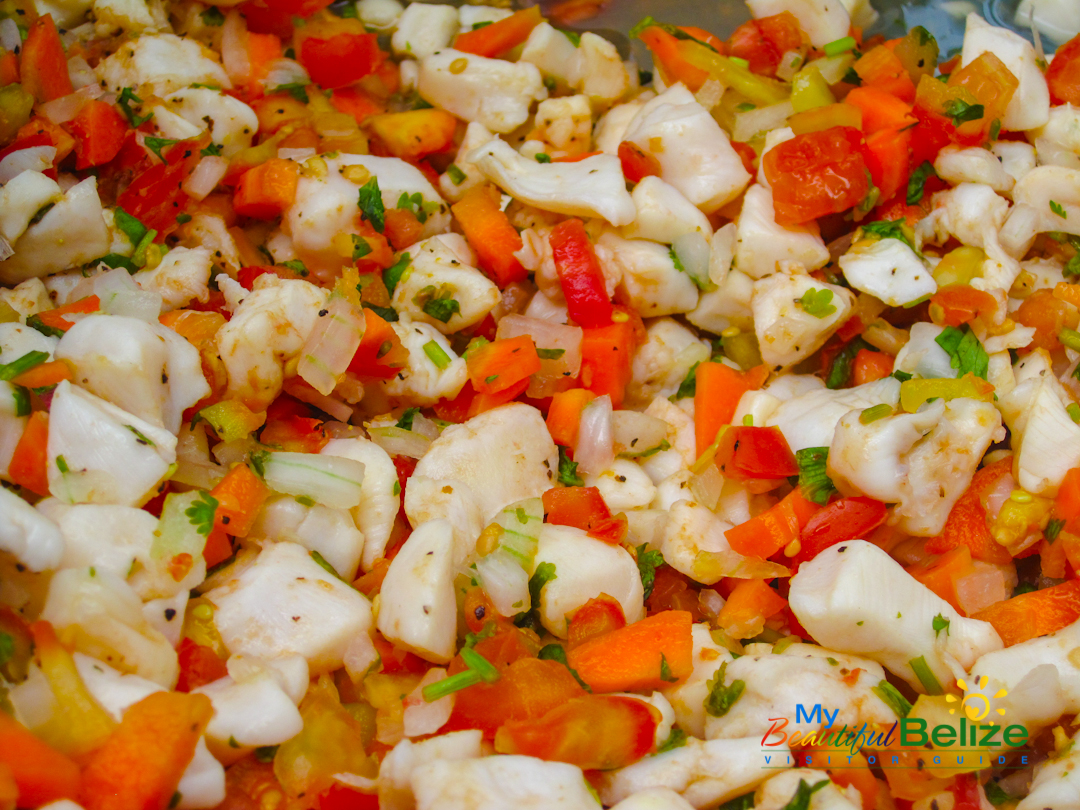 During the closed conch fishing season, everyone is reminded that no person or establishment shall have in possession any conch in accordance with Laws of Belize regulations. The season is set to re-open on October 1, 2018, and during that time, the public is advised that the Queen Conch shell should exceed seven inches in length, and that establishments should not have diced conch meat in their possession. For conch flesh that has been processed as market clean, the weight should exceed three ounces, while filleted flesh which is completely processed white meat should exceed 2.75 ounces. Failure to follow these regulations, whether it pertains to illegal harvesting of conch or possessing undersized conch, will be subjected to penalties under the Fisheries Act.
During the closed conch fishing season, everyone is reminded that no person or establishment shall have in possession any conch in accordance with Laws of Belize regulations. The season is set to re-open on October 1, 2018, and during that time, the public is advised that the Queen Conch shell should exceed seven inches in length, and that establishments should not have diced conch meat in their possession. For conch flesh that has been processed as market clean, the weight should exceed three ounces, while filleted flesh which is completely processed white meat should exceed 2.75 ounces. Failure to follow these regulations, whether it pertains to illegal harvesting of conch or possessing undersized conch, will be subjected to penalties under the Fisheries Act.
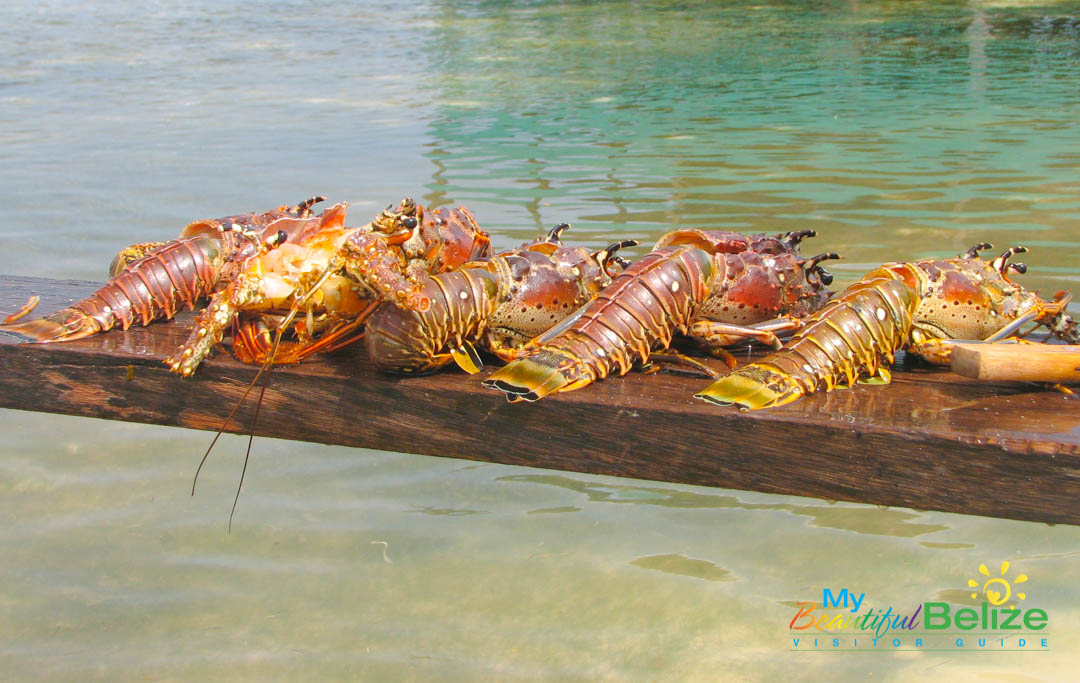 Lobster lovers can enjoy the tasty crustacean from now until February 14, 2019, when the season closes for four months. During this open season there are still some regulations in place, with no person allowed to remove from the waters of Belize or buy, sell or have in his possession lobster with a cape length less than three inches or tail weight less than four ounces, or fillet or diced lobster tail meat, except under a special permit issued by the Fisheries Administrator. Any person who contravenes any of the provisions of the Fisheries Act commits an offense shall be liable on summary convictions as stipulated in the Fisheries Act. During the closed season, no traps are to be set, and no one should consume lobster products. If someone is caught in possession of lobster during this time, that person can be charged a fine or even possibly face jail time, with penalties starting from $500 dollars or up to two years imprisonment.
Lobster lovers can enjoy the tasty crustacean from now until February 14, 2019, when the season closes for four months. During this open season there are still some regulations in place, with no person allowed to remove from the waters of Belize or buy, sell or have in his possession lobster with a cape length less than three inches or tail weight less than four ounces, or fillet or diced lobster tail meat, except under a special permit issued by the Fisheries Administrator. Any person who contravenes any of the provisions of the Fisheries Act commits an offense shall be liable on summary convictions as stipulated in the Fisheries Act. During the closed season, no traps are to be set, and no one should consume lobster products. If someone is caught in possession of lobster during this time, that person can be charged a fine or even possibly face jail time, with penalties starting from $500 dollars or up to two years imprisonment.
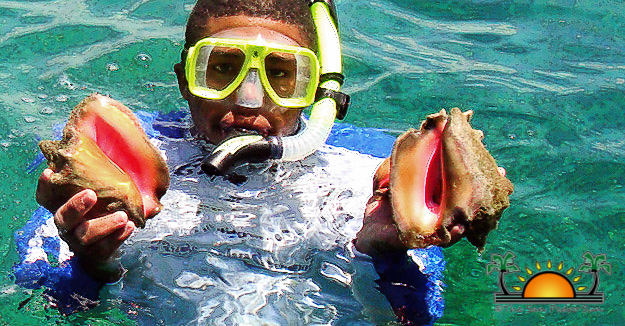
Closed seasons coincide with reproductive seasons and are a critical time for populations to recuperate strengthen and recover. Without this protection, these populations would most certainly disappear within our area, not only having a detrimental effect on our marine ecosystem but diminishing the livelihood of local fisherfolk and culinary tourism. We thank you for doing your part in assuring the sustainable management of these important and tasty marine creatures by adhering to seasonal eating!


